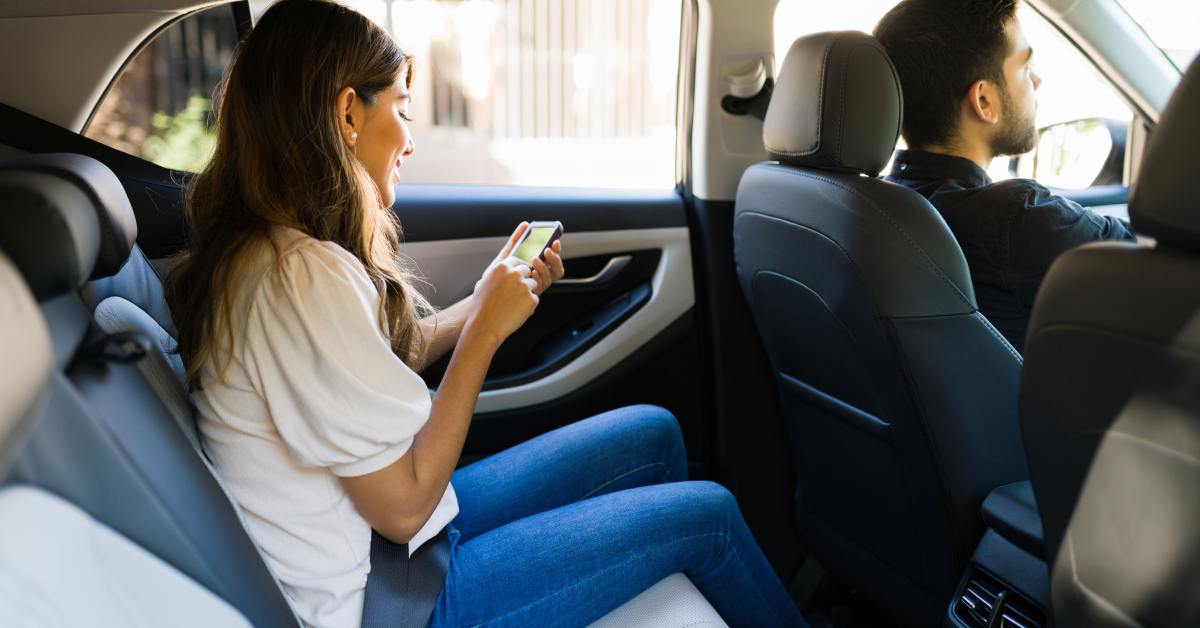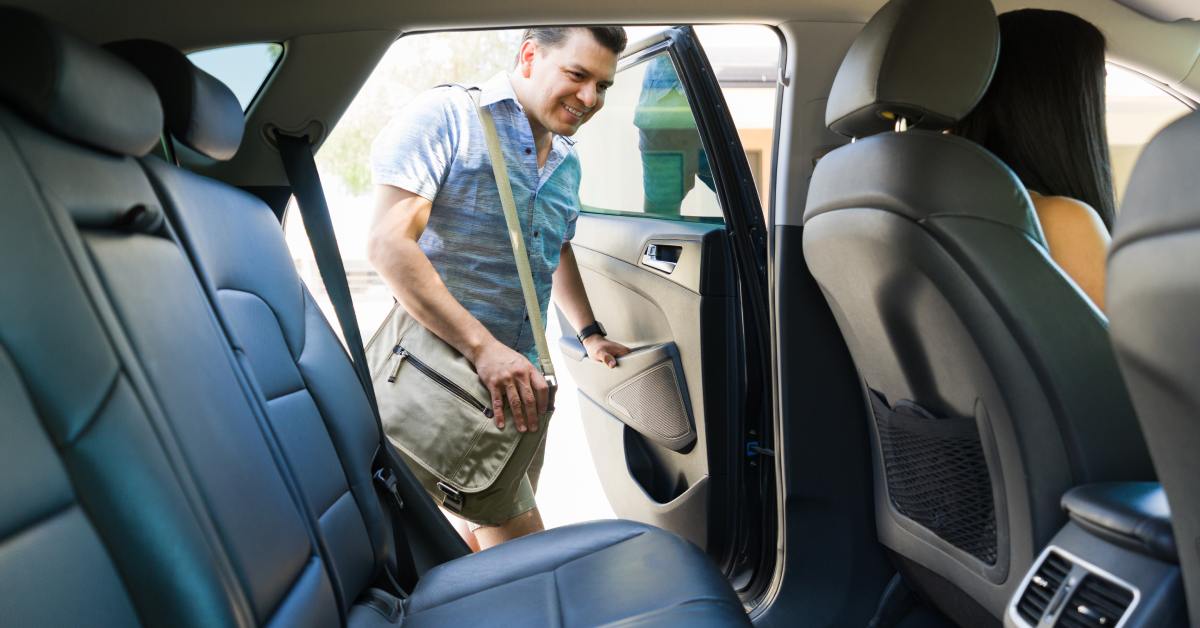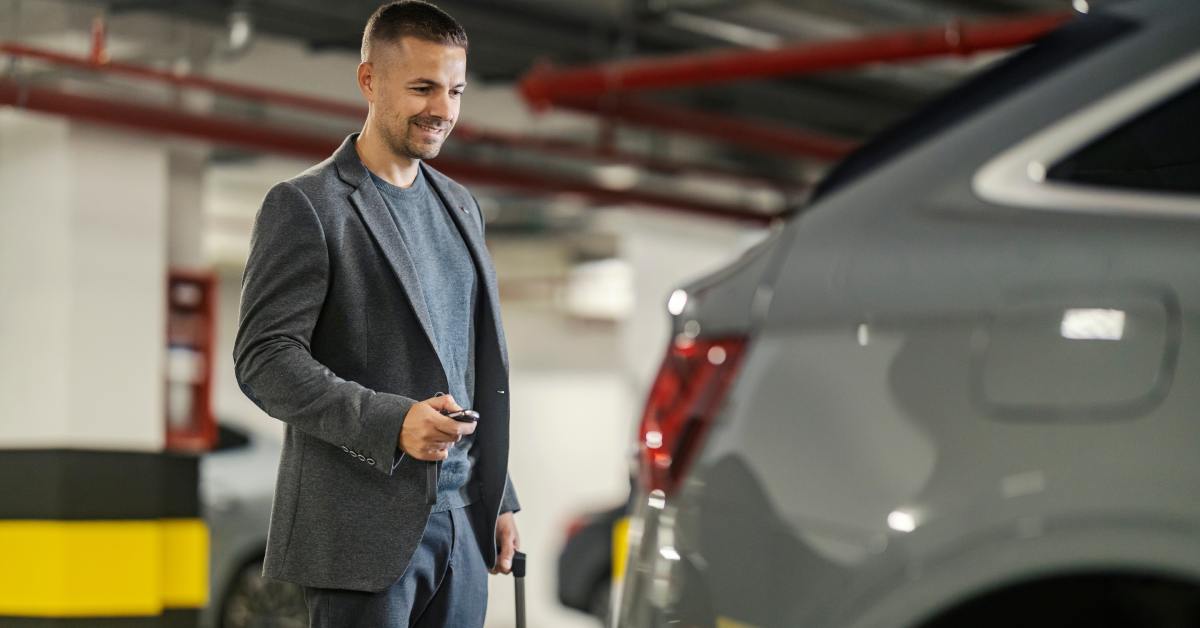Can You Get SR-22 Insurance Without Owning a Car?

If you’ve ever had your license suspended, or if you’ve faced legal troubles due to certain driving-related offenses (like a DUI or an at-fault accident without insurance), then you might already know about SR-22 insurance.
But here’s a question that understandably stumps many people: can you get SR-22 insurance without owning a car? The short answer is yes. In this post, we’ll explain exactly how SR-22 works, who qualifies, and why nonowner SR-22 insurance could be the solution you’re looking for.
What Is SR-22 Insurance? A Quick Refresher
SR-22 is not a type of insurance policy but a certificate that your insurance company files with your state’s Department of Motor Vehicles (DMV) to prove that you meet the minimum required liability insurance coverage for driving legally. Essentially, it’s a reassurance to the state that you’re back on the road with adequate coverage, particularly after being classified as a “high-risk” driver.
SR-22 filings are usually required after serious infractions, such as driving under the influence, driving without insurance, or accumulating too many points on your license in a short period. Without this document, you won’t be able to get your driving privileges reinstated. This legal requirement often puts drivers in a confusing spot, especially those who don’t currently own a car.
Legal Consequences of Not Filing an SR-22 When Required
Failing to file an SR-22 when your state requires it carries serious legal consequences. The SR-22 certificate proves to the DMV that you have the minimum liability insurance coverage necessary to drive legally. Without it, your license remains suspended or revoked, meaning you can’t legally get behind the wheel.
If you drive without filing an SR-22 after a court order or DMV mandate, you risk further penalties. These can include extended suspension periods, hefty fines, and even jail time in severe cases. The state takes SR-22 requirements seriously because they protect all drivers on the road by ensuring high-risk drivers carry proper insurance.
Insurance companies will not file an SR-22 for you unless you request it and maintain the required coverage. Canceling your policy or letting it lapse will likely result in an automatic notification to the DMV, restarting your suspension period.
Staying compliant by filing SR-22 on time helps you regain your driving privileges faster and avoid additional legal troubles. If you’re unsure about your SR-22 requirements, contact your DMV or insurance provider immediately to stay informed and avoid costly mistakes.
So, Can You Get an SR-22 Without a Vehicle?
You can get SR-22 insurance without owning a car through what’s called a nonowner SR-22 insurance policy. This type of policy is specifically designed for people who drive occasionally but don’t own a car.
Nonowner SR-22 insurance covers you when you’re borrowing or renting someone else’s vehicle. It’s often used by people who need to maintain compliance for SR-22 mandates but are temporarily between vehicles or simply don’t foresee owning a vehicle anytime soon.
Examples of when nonowner SR-22 insurance applies include situations like borrowing a friend’s car for errands, renting a vehicle for travel, or preparing to reinstate a suspended license. Having this insurance helps you remain compliant with your state’s requirements, even if driving isn’t currently a regular part of your life.
How Does Nonowner SR-22 Insurance Work?
Nonowner SR-22 insurance operates a little differently than a standard car insurance policy. Instead of attaching to a vehicle, the coverage follows you as the driver. This makes a nonowner SR-22 a secondary liability coverage, meaning it only kicks in after the primary insurance of the vehicle owner is exhausted.
Despite this flexibility, a nonowner SR-22 policy does have a few limitations. For instance, the insurance won’t cover vehicles that belong to you or household members. It’s also confined strictly to liability coverage, so you won’t get protection for things like damage to the vehicle itself, theft, or weather-related incidents.
What the insurance does provide, however, is coverage for expenses like bodily injury liability or property damage if you’re at fault in an accident while driving someone else’s vehicle. Nonowner SR-22 policies also often include limited legal defenses if you face lawsuits due to such accidents.
How To Get Nonowner SR-22 Insurance
Nonowner SR-22 insurance is a valuable tool for avoiding gaps in your insurance history, which could make finding affordable SR-22 car insurance easier down the road. Bearing that in mind, what’s required to obtain this insurance?
Once you confirm your SR-22 requirement with your state DMV, the next step is to connect with an insurance provider that offers nonowner policies. Choose a provider who’s experienced with SR-22 filings to ensure smooth processing.
You’ll be required to provide basic details about your driver’s license and violation history. After you purchase the nonowner policy, your insurer will electronically file the SR-22 certificate on your behalf.
How Much Does Nonowner SR-22 Insurance Cost?
Pricing for nonowner SR-22 insurance varies based on factors like your driving history, the state where you live, and your demographics, such as age and gender. Drivers with severe violations like DUIs may pay higher premiums than those with minor infractions.
Your driving frequency can also influence costs. Since nonowner policies are geared toward occasional drivers, the price can often be more manageable compared to traditional car insurance. That said, comparing providers is crucial, as some companies specialize in high-risk insurance, which may result in more competitive rates.
How Long Do You Need Nonowner SR-22 Insurance?
Typically, most states require SR-22 insurance for one to three years, depending on the offense. You must maintain coverage during this period, as canceling or letting your policy lapse can reset the clock, extending the time you’re required to carry the SR-22. To stay compliant, consider setting up automatic payments or reminders. It’s a simple step that can save you a lot of frustration in the long run.
What Happens if You Get a Car Later?
If you eventually purchase a vehicle, transitioning from nonowner to owner’s SR-22 insurance is a straightforward process. Notify your insurer as soon as possible so they can update your policy accordingly. Be prepared for changes to your premium, as owning a vehicle introduces additional coverage considerations like collision and comprehensive insurance.
Navigating SR-22 Insurance Without a Vehicle
To sum it up, a nonowner SR-22 insurance policy is a practical, accessible solution for meeting legal requirements when you don’t have a vehicle. It provides the necessary liability coverage, follows you as a driver, and helps you remain compliant with state regulations.
Understanding your options is a vital first step in regaining control over your driving record. Whether you’re between vehicles or simply borrow one occasionally, taking the time to find the right insurance provider can make all the difference.



Recent Comments